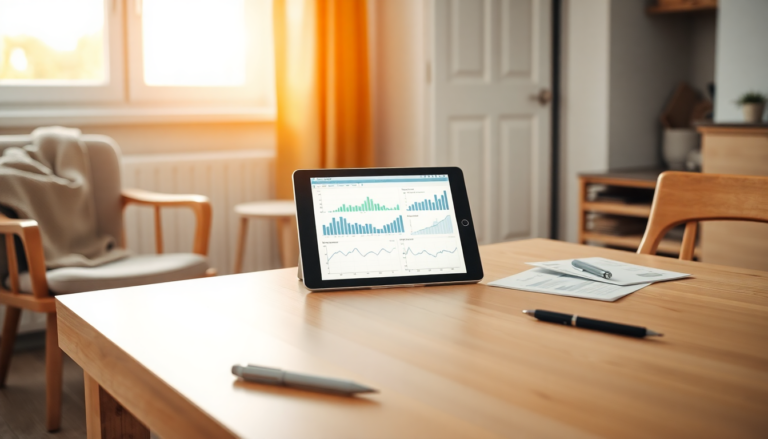Argomenti trattati
In a bold move to enhance healthcare access, leading tech companies have joined forces with the Trump administration to roll out digital tools aimed at simplifying the healthcare experience for older Americans and individuals with disabilities. This initiative is all about making it easier for these groups to access their healthcare data through the Medicare program, representing a significant leap forward in patient empowerment and data mobility. Isn’t it time we made healthcare more user-friendly?
The Role of Technology in Modern Healthcare
At the core of this initiative is the promise of improved communication across medical networks. President Trump has stressed how vital it is for patients to effortlessly share their medical information from one provider to another, no matter the different systems healthcare networks might use. This is a game-changer, especially when you consider the long-standing barriers that have hindered the smooth transfer of medical records, often impacting patient care. Who wouldn’t want to see their medical history travel seamlessly?
With over 60 major companies on board, including heavyweights like Oracle and Microsoft, this initiative is backed by some serious tech expertise. By adhering to new standards, these companies aim to empower patients, allowing them to easily access their personal health records and take a more active role in their healthcare journey.
However, while the prospect of improved data sharing is exciting, it does bring up legitimate concerns about privacy and data security. As medical expert Dr. Céline Gounder points out, the healthcare sector is governed by strict regulations surrounding personal medical information. The worry is that mishandling sensitive data could leave it open to exploitation by less regulated applications looking to profit from user data. Isn’t it crucial we protect our personal information?
Privacy Concerns Amid Progress
Dr. Gounder emphasizes the need to uphold the integrity and transparency of healthcare data, especially as data-sharing technologies become increasingly sophisticated. The implications of a potential data breach go beyond just individual privacy. With ongoing lawsuits from over 20 states against the Trump administration concerning the use of Medicaid data, there’s a palpable unease about how sensitive information is safeguarded.
Moreover, concerns are rising about the potential sharing of healthcare databases with other governmental agencies like the IRS, ATF, or DEA, which could amplify privacy risks. This highlights the critical need for robust protocols to protect patient information as our healthcare systems continue to evolve. How can we ensure patient trust when so much is at stake?
The announcement of this initiative also marks the 60th anniversary of the Social Security Amendments, which laid the foundation for Medicare and Medicaid. This historical backdrop underscores the importance of advancing healthcare accessibility while remaining vigilant about the privacy challenges that accompany such changes.
Future Directions and Stakeholder Engagement
In response to public demand and the shifting landscape of healthcare services, the Trump administration is actively seeking input on how to modernize the digital services of the Centers for Medicare and Medicaid Services. Engaging stakeholders—ranging from healthcare providers to tech firms—is essential in crafting a system that enhances accessibility while prioritizing patient information security.
As we look ahead, the collaboration between the tech sector and government marks a pivotal moment in redefining healthcare access for seniors and individuals with disabilities. This focus on digital tools showcases a commitment to narrowing the gap between patients and their healthcare providers, fostering a more inclusive and efficient healthcare ecosystem.
In conclusion, while this initiative offers an exciting opportunity to improve healthcare data access, it’s vital for all stakeholders to remain alert to privacy concerns. Only then can we ensure that the benefits of modernization don’t get overshadowed by the risks associated with data sharing. Are we ready to embrace change without compromising our privacy?

